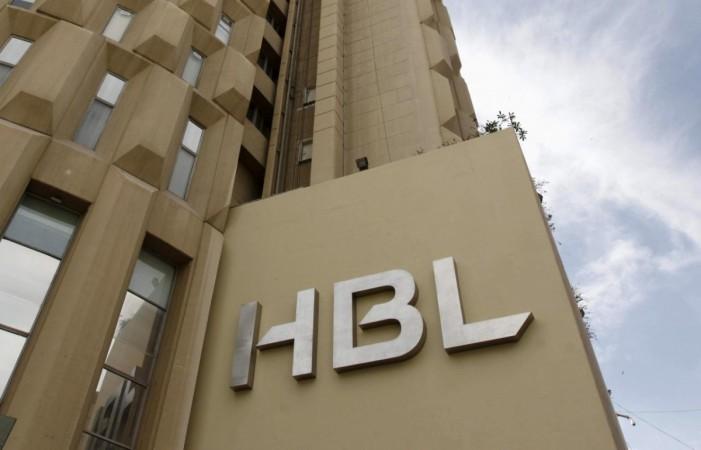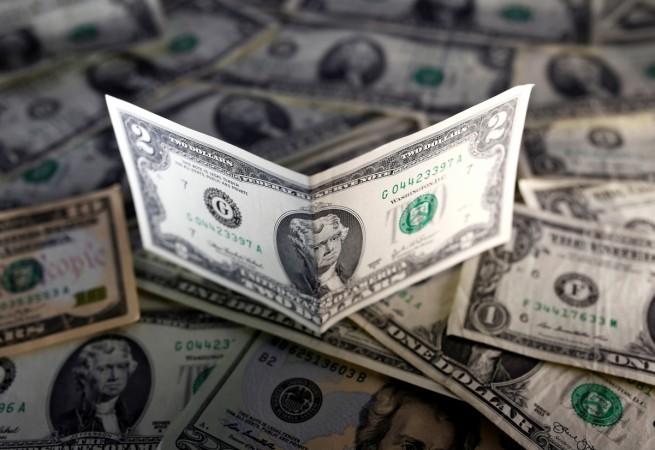
United States banking regulators on Thursday ordered Pakistan's Habib Bank to shut shop in New York after almost 40 years of operation. The bank was reportedly given several warnings over its possible connections with terror financing and money laundering, according to officials.
Habib, Pakistan's largest private bank, neglected to look out for compliance problems and red flags on transactions that potentially could have promoted terrorism, money laundering or other illicit ends, according to AFP.
Habib Bank has been operating in the United States since 1978. In 2006, the bank was ordered to stay alert on potentially illegal transactions. However, the bank failed to comply with the orders, according to reports.
The Department of Financial Services, which regulates foreign banks, levied a fine of nearly $225 million on the bank. The amount, however, is much smaller than the penalty initially imposed on the bank-- $629.6 million.
According to New York regulators, Habib Bank facilitated billions of dollars of transactions with a Saudi private bank -- Al Rajhi Bank -- which reportedly has associations with Al-Qaeda.
"DFS will not tolerate inadequate risk and compliance functions that open the door to the financing of terrorist activities that pose a grave threat to the people of this State and the financial system as a whole," DFS Superintendent Maria Vullo said in a press release.

"The bank has repeatedly been given more than sufficient opportunity to correct its glaring deficiencies, yet it has failed to do so," Vullo added, saying the agency will not allow Habib Bank to easily sneak out of the US.
The regulators' agency said Habib allowed nearly 13,000 transactions which were not screened properly.
The regulators also said the bank used a "good guy" list to stamp nearly $250 million in transactions including the one from an identified terrorist and an international arms dealer, AFP reported.

















